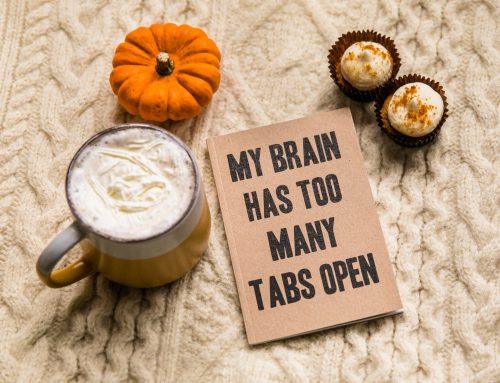March 02, 2021 by Amy Olson
A new meta-analysis gives the most detailed look yet at the neuroscience of placebo effects.
Much of the benefit that a person gets from taking a real drug or receiving a treatment to alleviate pain is due to an individual’s mindset, not to the drug itself, according to previous research. Understanding the neural mechanisms driving this placebo effect has long been a challenge. A meta-analysis published in NatureCommunications finds that placebo treatments meant to reduce pain, known as placebo analgesia, reduce pain-related activity in multiple areas of the brain.
Previous research of this kind has relied on small-scale studies, so until now, researchers did not know whether the neural mechanisms underlying placebo effects observed to date would hold up across larger samples. This study represents the first large-scale mega-analysis, which looks at individual participants’ whole brain images. It enabled researchers to look at parts of the brain they did not have sufficient resolution to see in the past. The analysis comprised 20 neuroimaging studies with 600 healthy participants. The results provide new insight on the size, localization, significance and heterogeneity of placebo effects on pain-related brain activity.
The research reflects the work of an international collaborative effort by the Placebo Neuroimaging Consortium, led by Tor Wager, the Diana L. Taylor Distinguished Professor in Neuroscience and Ulrike Bingel, a professor at the Center for Translational Neuro- and Behavioral Sciences in the Department of Neurology at University Hospital Essen, for which Matthias Zunhammer and Tamás Spisák at the University Hospital Essen served as co-authors. The meta-analysis is the second with this sample and builds on the team’s earlier research using an established pain marker developed earlier by Wager’s lab.
“Our findings demonstrate that the participants who showed the most pain reduction with the placebo also showed the largest reductions in brain areas associated with pain construction,” explains Wager, who is also the principal investigator of Dartmouth’s Cognitive and Affective Neuroscience Lab. “We are still learning how the brain constructs pain experiences, but we know it’s a mix of brain areas that process input from the body and those involved in motivation and decision-making. Placebo treatment reduced activity in areas involved in early pain signaling from the body, as well as motivational circuits not tied specifically to pain.”
Across the studies in the meta-analysis, participants had indicated that they felt less pain; however, the team wanted to find out if the brain responded to the placebo in a meaningful way. Is the placebo changing the way a person constructs the experience of pain or is it changing the way a person thinks about it after the fact? Is the person really feeling less pain?
For the FULL ARTICLE CLICK HERE






